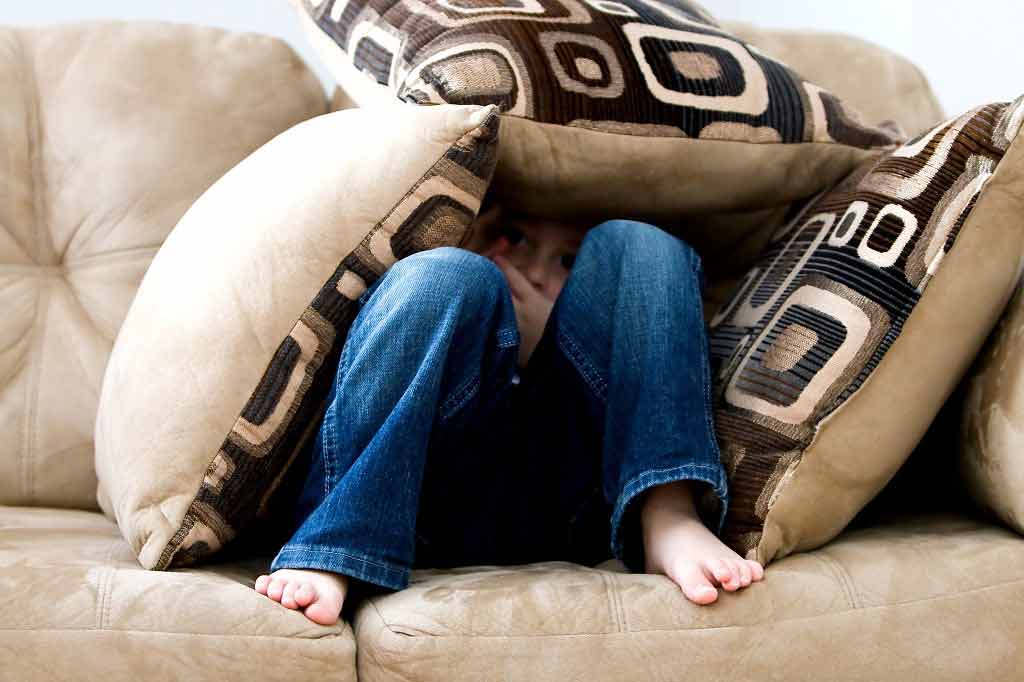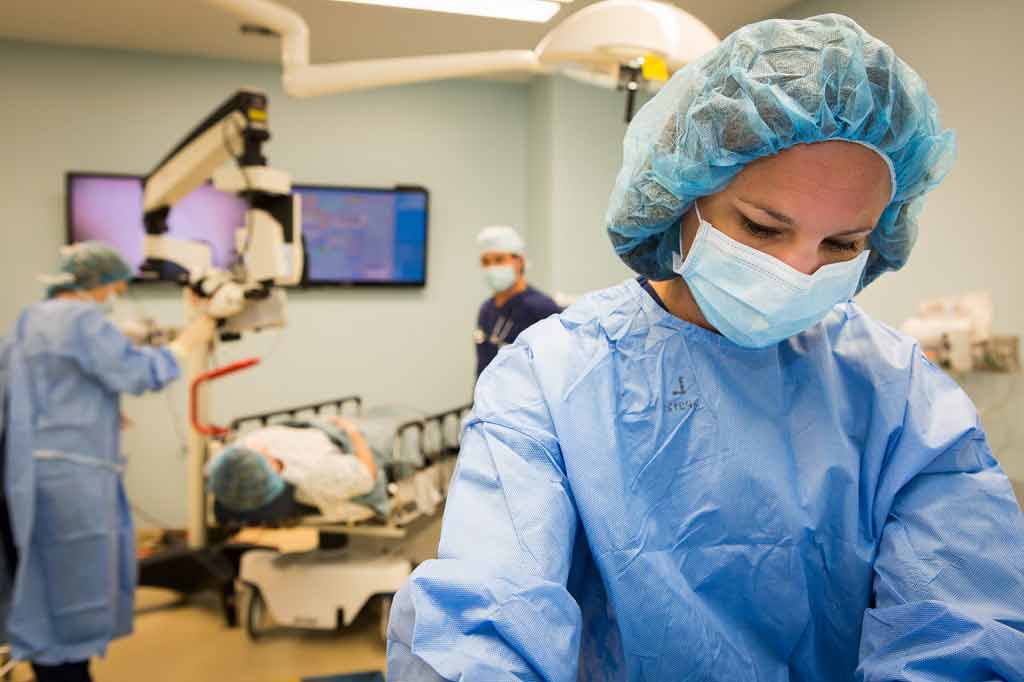Acupuncture-transmitted infections
Medical practice
Doctors in Hong Kong have called for tighter infection controls and regulation of acupuncture practices.
“Infections spread by acupuncture needles are under-diagnosed worldwide,” BBC News reported. It said that doctors in Hong Kong have called for tighter infection controls and regulation of acupuncture practices.
The news story is based on an editorial published in the British Medical Journal by a group of doctors from the University of Hong Kong. The authors describe cases and outbreaks of infections associated with acupuncture since the 1970s, as well as the types and sources of these infections. They make several recommendations on how such infections could be avoided.
The data given in this editorial are from global sources, and UK rates of infection are not given. People who want to have acupuncture in the UK should ensure that they use a registered practitioner. When it is carried out properly by a qualified practitioner, acupuncture is safe. Acupuncturists should only use disposable needles and the skin around the needle insertion site should be sterilised with a wipe. Serious side effects or complications arising from treatment are extremely rare. For more information, go to Health A-Z: acupuncture.
What kind of report was this?
The news is based on an editorial published in the British Medical Journal on infections related to acupuncture. The authors aimed to alert clinicians to the types of infection that can occur if acupuncture is performed without due care.
Acupuncture involves inserting and manipulating fine needles at specific points in the body up to several centimetres beneath the skin. Therefore, it is important to ensure that bacteria from the individual’s skin or from the environment do not enter the body.
What did the report say?
The editorial begins with a brief history and global picture of the infections associated with acupuncture, and describes the types and sources of infection. The authors say that, in the 1970s and 80s, more than 50 cases of infection associated with acupuncture were reported worldwide. Most of these were caused by common bacteria that can be found on the skin and were likely to have occurred because of inadequate disinfection of the skin before the needles were inserted. The majority (70%) of these infections were skin infections or abscesses in the muscle or internal tissues. Although most of the patients recovered, 5-10% died of their infections and 10% had serious health consequences.
The authors say that there have been five outbreaks of hepatitis B virus infection, affecting 80 patients, since the 1970s. In these outbreaks, the virus was thought to be passed between patients through inadequately sterilised reusable acupuncture needles or from the acupuncturist. A type of bacteria called mycobacteria caused two large outbreaks of infection, which affected more than 70 people. In 2009, the first report of MRSA transmitted by acupuncture was made.
What were the authors’ recommendations?
The authors suggest that, to prevent infections being transmitted by acupuncture, infection control measures should be implemented, including disposable needles, skin disinfection procedures and aseptic techniques. They also suggest that stricter accreditation requirements for acupuncturists are needed.
The authors say that “clinicians should also have a high index of suspicion, particularly for viral and mycobacterial infections transmitted by acupuncture because of their prolonged incubation periods, and they should alert health authorities about clusters of cases”.
Is acupuncture safe?
When conducted properly by a qualified practitioner, acupuncture is safe. There are a number of acupuncture organisations in the UK that practitioners can join if they hold certain qualifications and these organisations can help people find a qualified acupuncture practitioner in their area. For more information, go to Safety and regulation of acupuncture.






 Subscribe
Subscribe Ask the doctor
Ask the doctor Rate this article
Rate this article Find products
Find products








